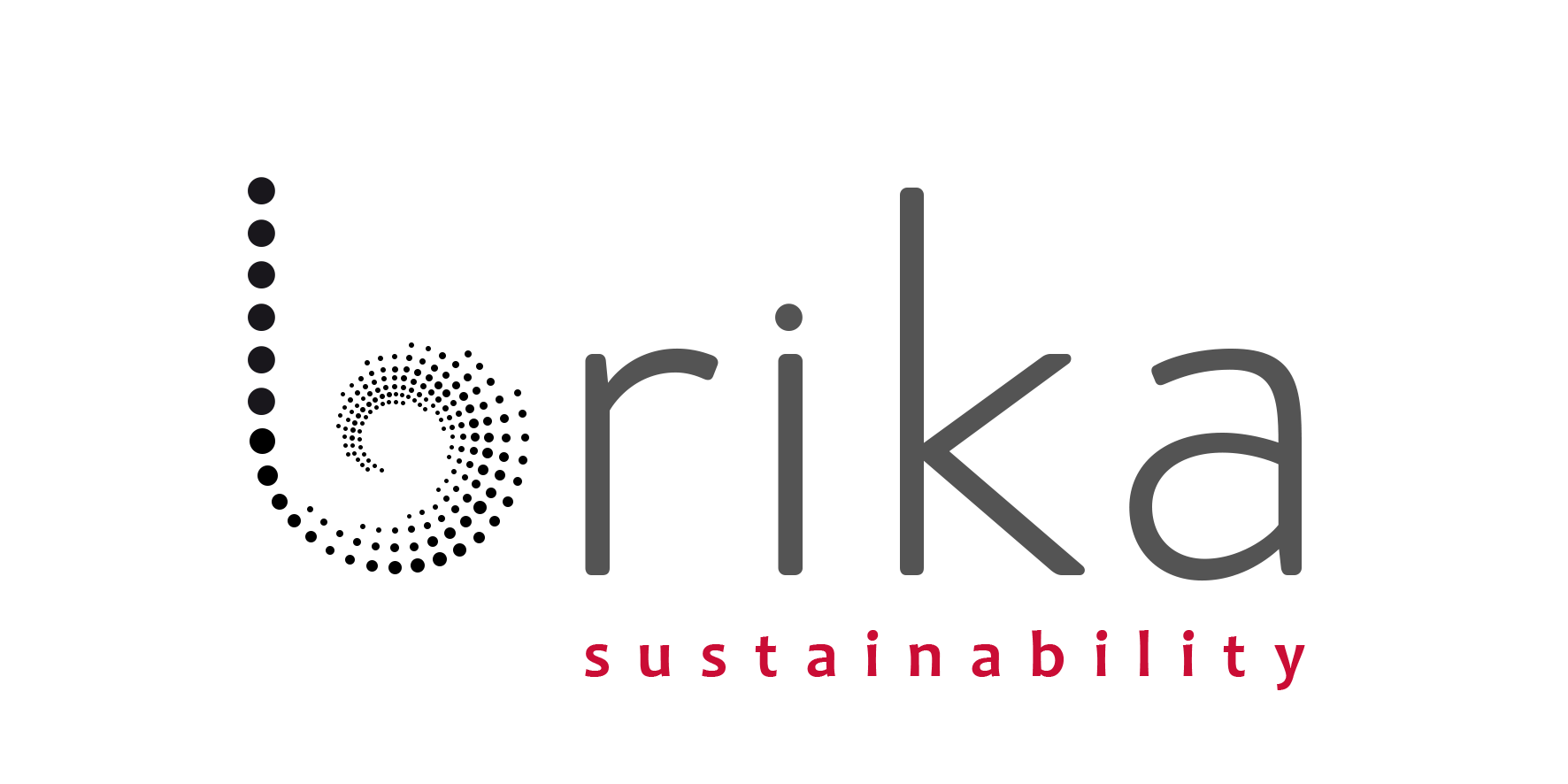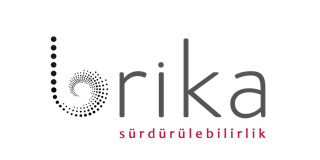Sustainability is,
- Ensuring that natural resources are extracted and used only at the world’s regeneration capacity,
- Creating well-being for all segments of the society,
- Protecting the environment,
while creating goods and services.
Organisations that measure their success solely by economic growth parameters are destined to fail in the long term. Today, the key to success is not only about acquiring financial gains. Success depends also on the environmental and social values your business generates. If you are not making sustainability part of your strategic agenda, you are distancing yourself from your “future success” already.

Sustainability Research and Seminars |

Sustainability Assessment and Strategy |

Sustainability Measurement and Reporting |

Corporate Sustainability Development Support |
WHAT WE DO
We support businesses and individuals in planning a sustainable future.
We collaborate with our stakeholders to help them define the necessary steps forward for their sustainability strategies, plan a roadmap, design key projects, identify indicators and measure progress.

Sustainability for Private Sector |
Sustainability is increasingly being prioritized in the private sector’s agenda next to other concerns such as profit, stock value, market share, revenue, ROI and risk management. Until recently, sustainability had been a subject of corporate responsibility or one of the many requirements of audits. Today’s reality is that sustainability constitutes the core of business strategy, performance progress, innovation and growth.
Vision and actions for sustainability provide a solid base for growth and increased value in the long term while reducing costs in the short term. |

Sustainability for All Sectors and Organisations |
Sustainability requires making smart decisions through long-term thinking and foreseeing potential future risks and challenges. It aims to reduce threats to the environment and to increase positive social impact.
Furthermore, sustainability is a fight against climate change, an adaptation to limited natural resources and improvement of natural habitats. Sustainability requires the ability to focus on the opportunities that rise from the technological and natural changes in food, water, energy, transportation, real estate sectors. |

UNITED NATIONS SUSTAINABLE DEVELOPMENT GOALS
The Sustainable Development Goals (SDGs) were adopted by all members of the United Nations (UN) in 2015 as a common framework for eradicating poverty, reducing inequality and stopping the adverse impacts of climate change by 2030, ‘without leaving anyone behind’. The SDGs are built on a decades of hard work which led to the elaboration of eight Millenium Development Goals (MDGs) ranging from reducing extreme poverty to providing universal primary education and to halting the spread of diseases such as AIDS and malaria by 2015.

The SDGs cover the MDGs and add further, more precise goals and indicators regarding climate change, economic inequality, sustainable consumption and production, peace and justice. The SDGs are indivisible. The key to success in reaching the SDGs is addressing them in an integrated manner across all levels of governance and including all stakeholders in implementation and decision making processes.
The level of engagement and progress of all countries will be monitored, thus they are expected to present sound, transparent and accessible data with regard to their commitment to the Agenda 2030. The data will be analysed nationally and evaluated globally.
CONTACT
Please do not hesitate to contact us for more information!
You can contact us by filling the form or send an email to info@brikasurdurulebilirlik.com!





